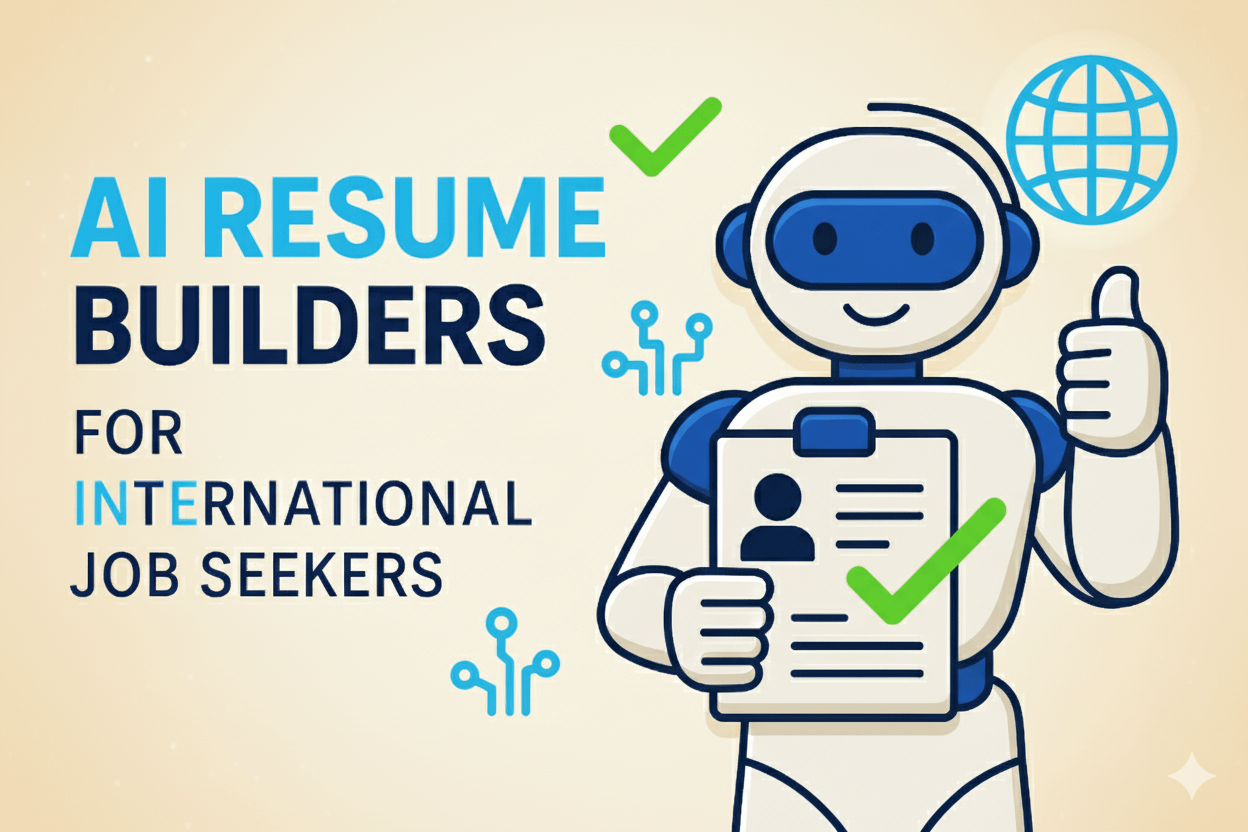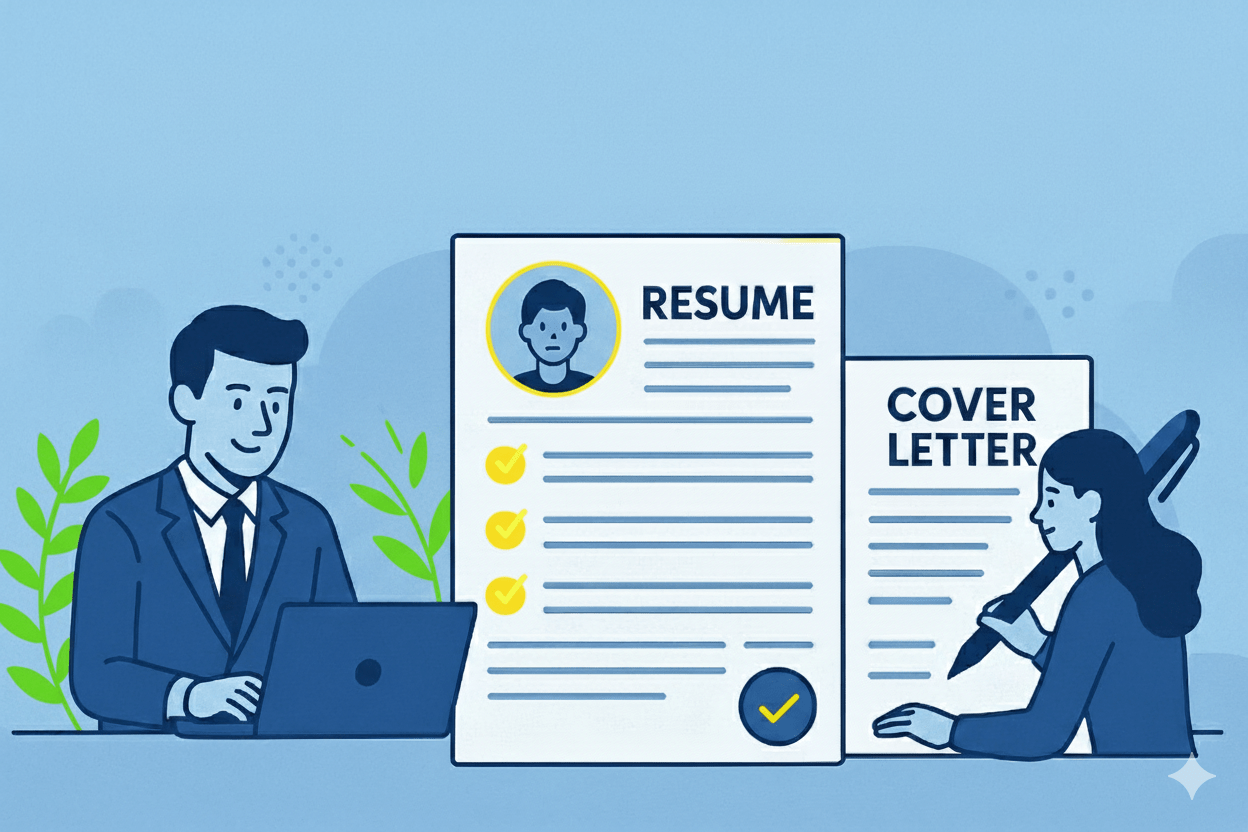Overcoming Cultural & Language Barriers
Overcoming Cultural & Language Barriers in International Job Interviews: Navigating Nuances for Success
Landing an international job interview is thrilling, but it can also be intimidating, especially considering potential cultural and language hurdles. This blog will equip you with strategies and insights to navigate these barriers, allowing your skills and personality to shine through, regardless of cultural or linguistic differences.
Understanding Cultural Nuances in Interviews
- Communication Styles:
- Direct vs. Indirect: Some cultures favor direct, assertive communication, while others prefer a more indirect, nuanced approach. Research your target country’s style and adapt accordingly.
- Formality: The level of formality varies. Address interviewers appropriately (Mr./Ms./Dr. + surname) unless otherwise instructed. Observe dress codes and posture.
- Nonverbal Cues:
- Eye Contact: Norms regarding eye contact differ. In some cultures, maintaining eye contact signifies confidence, while in others, it may be seen as disrespectful.
- Personal Space: Be mindful of comfortable personal space distances, which vary across cultures.
- Interview Questions:
- Personal Inquiries: Questions about marital status, family, or age, common in some cultures, may feel intrusive for others. Be prepared to answer tactfully, redirecting the focus to your professional qualifications.
- Self-Promotion: Some cultures value modesty, while others expect assertive self-promotion. Find a balance that showcases your abilities without appearing boastful.
Overcoming Language Barriers
- Own It! Acknowledge your non-native status, highlighting your dedication to communication and ongoing language learning. This shows initiative.
- Speak Slowly and Clearly: Enunciate without significantly slowing your pace. Use common vocabulary, avoiding complex idioms or slang.
- Active Listening: Pay close attention to the interviewer’s questions and cues. Ask for clarification when needed, using phrases like: “Could you please rephrase that?” or “Let me confirm if I understand your question correctly…”
- Prepare for Technical Jargon: Brush up on industry-specific terms in the target language. This demonstrates proficiency in your field.
Tips for Effective Cross-Cultural Interviewing
- Thorough Research:
- Company Culture: Dive into the company website and social media to gauge their work culture and values.
- Country-Specific Norms Research business etiquette, greetings, and potential interview topics to avoid surprises.
- Demonstrate Adaptability: Highlight your experiences working with diverse teams or adapting to new environments. This showcases cultural awareness and flexibility.
- Practice with a Native Speaker: If possible, conduct mock interviews with native speakers of the target language to practice pronunciation and receive feedback on cultural nuances.
- Express Genuine Interest: Ask insightful questions about the company and the local culture. This shows a desire to integrate and not just secure a job.
- Follow Up with Gratitude: Send a thank-you note, reiterating your interest and tailoring it to any specific points discussed during the interview.
Data: The Impact of Cultural Misunderstandings
- A study by the Society for Human Resource Management (SHRM) found that cross-cultural miscommunications can lead to lower productivity, decreased morale, and even project failures. https://www.shrm.org/]
- Research from the University of California, Berkeley highlights that cultural sensitivity training can significantly enhance cross-cultural competence and collaboration. https://hr.berkeley.edu/]
Additional Resources
- Cultural Awareness Websites:
- Hofstede Insights compares countries across cultural dimensions like communication styles and power distance: https://www.hofstede-insights.com/
- Country-specific business etiquette guides can be found on websites like Executive Planet: [invalid URL removed]
Conclusion
Successfully navigating cultural and language barriers in international job interviews requires preparation, adaptability, and a dose of humility. By demonstrating openness, learning from any missteps, and actively seeking to bridge gaps in communication, you showcase your valuable cross-cultural competence. Remember the perfect candidate doesn’t always equal the ‘perfect native speaker’. Focus on connecting with the interviewers as a skilled professional eager to contribute to their global team.
Additional Tips:
Tip 1: Embrace Technology
- Video Conferencing Tools: If your interview is virtual, familiarize yourself with the video conferencing platform. Test your audio and camera beforehand, ensuring a well-lit and distraction-free setting.
- Translation Apps: While never a substitute for fluency, translation apps can be helpful in a pinch. Use them discreetly to clarify a word or phrase you may have missed.
Tip 2: Emphasize Your Strengths
- Showcase Transferable Skills. Highlight skills easily adaptable across cultures, such as problem-solving, conflict resolution, and teamwork. Give concrete examples of how you applied these skills in past experiences.
- Multicultural Experiences: Share any previous work, travel, or study abroad experiences that demonstrate your ability to thrive in diverse environments.
Tip 3: Manage Expectations
- Be Realistic about Salary. Research typical salary ranges for your level of experience within the target country. Factor in the cost of living differences.
- Visa and Work Permits. Address any concerns the interviewer may have about your eligibility to work in their country. Demonstrate your knowledge of the visa requirements.







